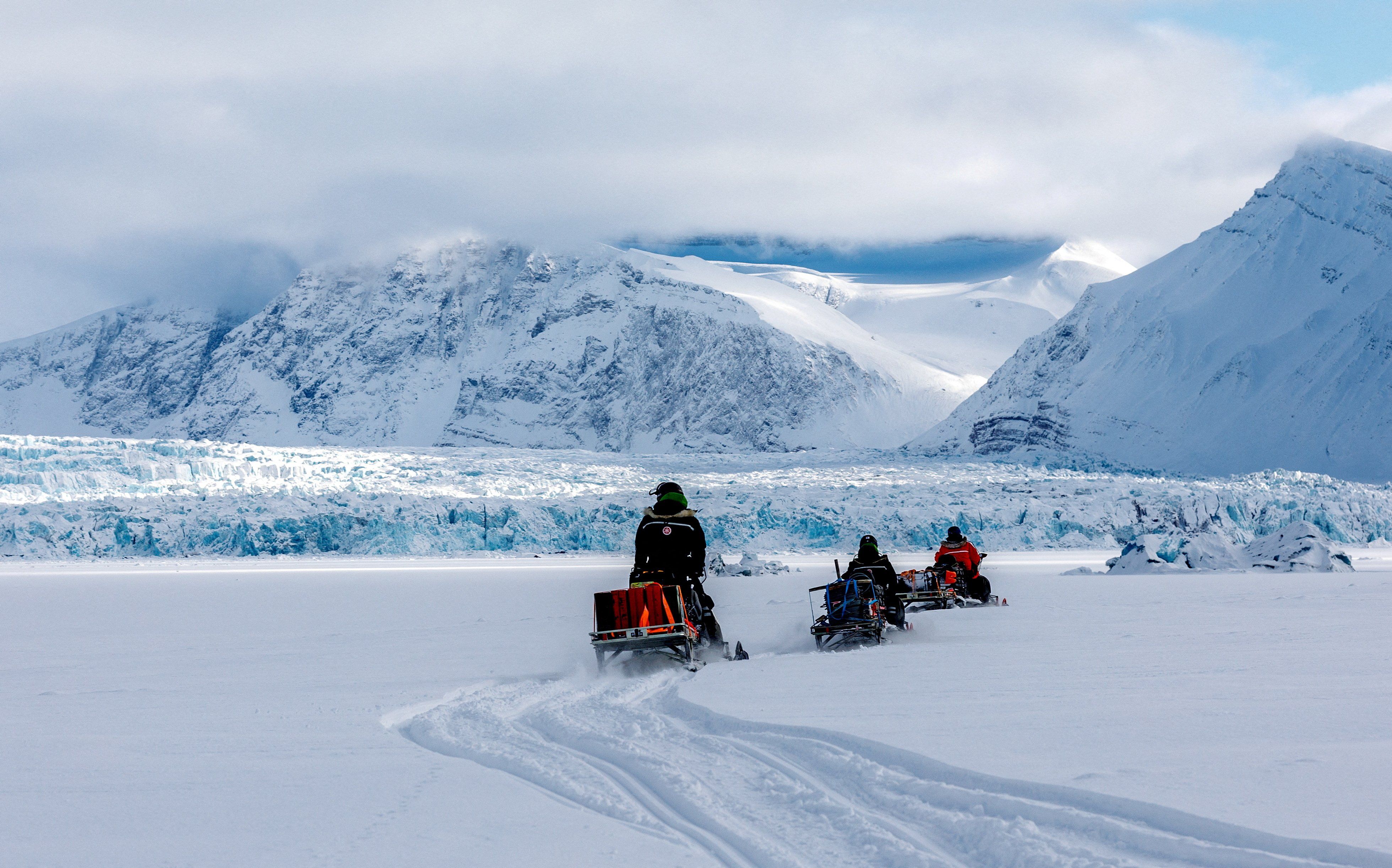On Thursday, Norway became the chair of the Arctic Council, the leading forum for intergovernmental cooperation in the region. The transition has been muted, but the stakes are high: It’s taking over from none other than Russia.
As the Arctic heats up as a geopolitical theater (China has called it one of the world’s “new strategic frontiers”), managing it well is top of mind for Arctic states like Canada and the US.
What is the Arctic Council? It was created in the 1990s to facilitate cooperation on issues like sustainable development, environmental preservation, and search and rescue, though notably not on security. The council is made up of the eight Arctic nations (Canada, Denmark, Finland, Iceland, Norway, Russia, Sweden, and the US), plus reps from the region’s Indigenous Peoples and observer states like China. Leadership rotates every two years, and Russia was halfway through its term when it invaded Ukraine last year.
Until the invasion, the Council was a solid example of post-Cold War cooperation.
Even after Russia’s 2014 annexation of Crimea, it remained a unique space for friends and adversaries alike to find common ground.
Not so these days. After Russia’s 2022 invasion of Ukraine, the other Arctic nations froze their Council work with Moscow, leaving a third of the body’s 130 projects on hold.
Icing Russia out could compromise the Council’s viability. Over half of the Arctic’s coastline and almost half its population are Russian. Real progress in fighting climate change and managing a growing international interest in the region with only half the picture? Good luck.
Norway gets that. “Probably, the most important outcome of our time as chair will be that we make sure that the Arctic Council survives," Norway’s Senior Arctic Official Morten Høglund said.
Failure to advance a meaningful agenda for circumpolar affairs and sustain the council’s viability “would be a major blow to multilateral efforts to grapple with issues like climate change, which has an outsized impact on Indigenous peoples in the fast-warming Arctic region,” says Eurasia Group senior analyst Graeme Thompson.
Could Norway invite Russia back into the fold? Høglund has pledged to restart communication, and Norwegian Prime Minister Jonas Gahr Støre recently said that “there may come a time to move forward again. And I would warn against … cutting Russia out of the map as if it is no longer there. It is.”
And don’t forget about China. Beijing says it hopes Norway can restore the council’s cooperative work and is vowing to “play a constructive role.”
As it took the helm on Thursday, Norway offered to host a council meeting in 2025. All members would be invited, which means Russia might soon come in from the cold.- Welcome to Antarctica: A conflict-free zone - GZERO Media ›
- Norway's school phone ban aims to reclaim "stolen focus", says PM Jonas Støre - GZERO Media ›
- Norway's PM Jonas Støre says his country can power Europe - GZERO Media ›
- As the Arctic melts, Alaska's importance grows - GZERO Media ›
- Alaska Governor Dunleavy warns of "heightened" Russian and Chinese activities in the Arctic - GZERO Media ›
